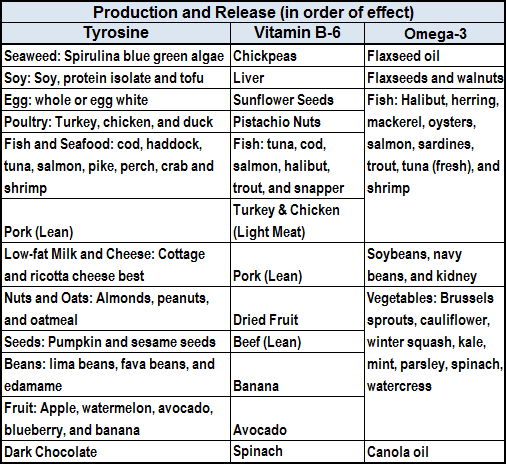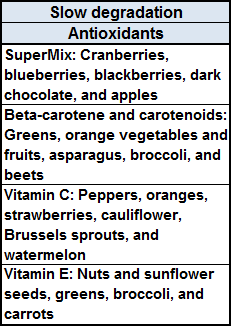
Dopamine Friendly Diet and Lifestyle
Many have heard of dopamine as the feel-good neurotransmitter. Dopamine is that and much more. Dopamine is a vital family of neurotransmitters and hormones connected to a surprisingly wide array of neurological functions. Dopamine plays critical role in the control of voluntary movement, cognition, learning, social imitation, language, attention, memory, desire/wanting system, reward/punishment system, sleep, mood, motivation, and behavior.
The left hemisphere of the brain has the major concentrations of the dopamine receptors. Dopamine has many roles, and acts as an excitatory or inhibitory neurotransmitter, depending on the dopamine receptor it binds to. Difference in distribution, density, and strength of dopamine neurotransmitters and receptors and how it interacts with other neurotransmitter systems has been linked to dyslexia, autism, and attention deficit hyperactivity disorder (ADHD). Depletion of dopamine can lead to Parkinson's disease. Autistic children are sometimes described as moving as if they have early Parkinson’s.
Neurotransmitters are produced from precursors. These precursors are frequently not supplied in sufficient quantities by our modern diet or in a form our brain can best utilize them. Stress further depletes the precursor supplies.

Dopamine is derived from the amino acid, tyrosine and like four other important neurotransmitters, [serotonin, epinephrine, norepinephrine and gamma-aminobutyric acid (GABA)] makes use of Vitamin B-6 for its manufacturing process. Dopamine, itself, is the precursor to two other key neurotransmitters: norepinephrine and epinephrine. Along with being an important building block of neuron cell membranes, Omega-3 boosts dopamine, and protects brain and nerve cells from stress and toxins.

Dopamine is easily oxidized. Foods that are rich in antioxidants such as fruits and vegetables help protect dopamine-using neurons from free radical damage.
If your diet provides sufficient precursors and antioxidants, then exercise will increase the amount of dopamine in certain regions of the brain supporting positive well-being and even reducing negative mental states. Sleep deprivation does the opposite.
So a dopamine friendly diet and lifestyle is especially important for learning and behavior in children labeled dyslexia, ADHD, ASD, and mostly likely dyscalculia.
